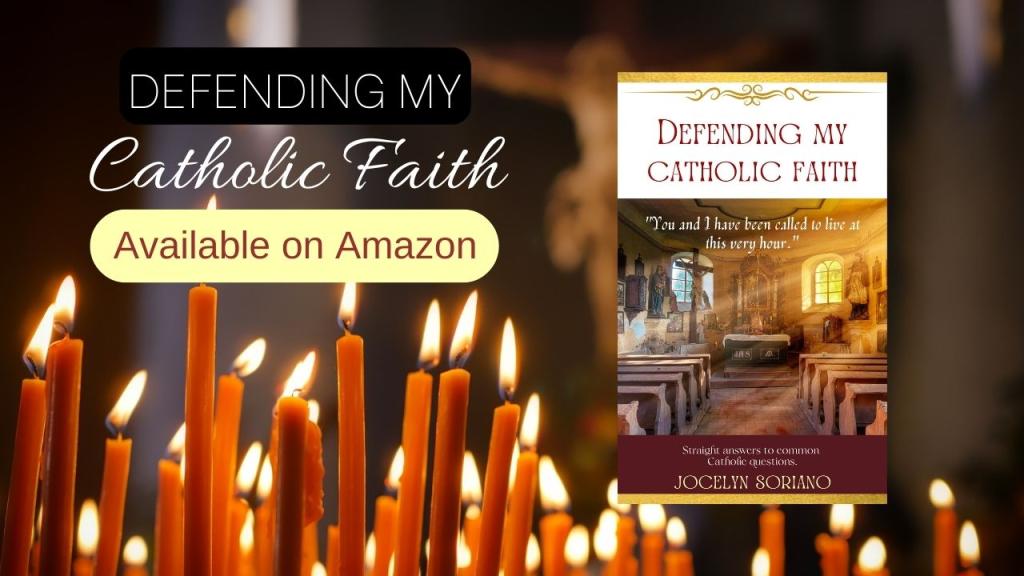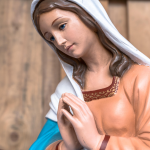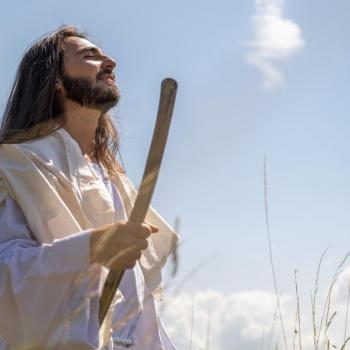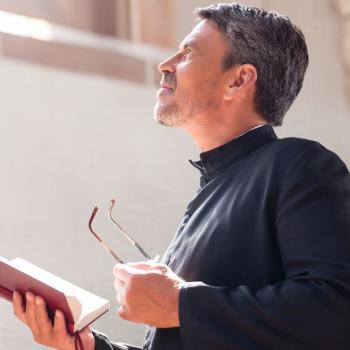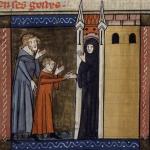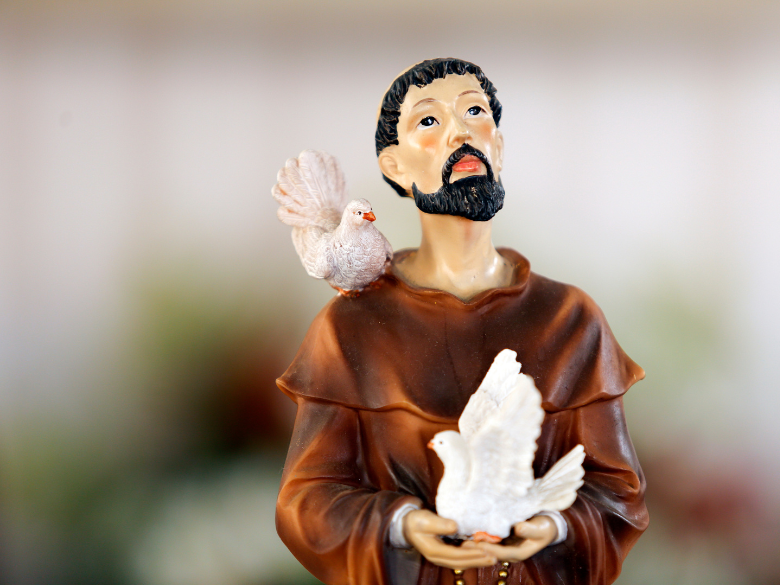
Many people today are turned off by the idea of having to suffer for the sake of holiness. For them, the image of a Catholic saint who had to go through unimaginable ordeals and martyrdom is not a very enticing one.
Why suffer when all you want is to be happy? Doesn’t God want us to be happy, too?
It’s not easy to understand how a good God would allow so much suffering. And it’s harder to grasp why His followers would suffer the same fate as Jesus did.
Jesus did nothing wrong. He made the blind to see and the lame to walk. He raised up even the dead! Why must He die such an excruciating death?
In the same way, why must saints suffer unjust punishments from men? Why must they be starved, flogged and beheaded? Even those who did not die as martyrs lived in a self-sacrificial way, often letting go of personal comfort, and spent their time in prayer, fasting and works of charity.
Is there some deeper wisdom we must learn to understand the suffering of the saints?
Here are some of the possible reasons why the saints had to suffer so much:
1. To serve as witnesses for eternal life
If the saints never suffered, we may get the wrong idea that salvation is only for our present life.
Some of the saints suffered as martyrs to make us realize that the kind of joy they are looking for resides in another life.
They suffered to give us a glimpse of hope and to make us look forward to heaven.
They seem to be saying that no matter how hard our lives would be on earth, no suffering can ever match the joys of our heavenly home!
2. To sacrifice for other people
The saints did not just suffer for themselves. Many took on voluntary sacrifices such as fasting and spending long hours in prayer to offer for sinners and other people in purgatory.
They lift up other souls to God and they fill their prayers with a life lived in holiness and self-sacrifice.
3. To gain more merit for heaven
Some of the sufferings of these saints did not come from voluntary offerings. They were a result of unjust situations in the world that were allowed by God so that they could receive a greater reward in heaven.
4. To grow in humility
The more righteous a person becomes, the greater also is the temptation for pride and vainglory.
To avoid attributing their holiness to themselves, they are sometimes taken to difficult trials. Suffering and temptation become the cross that reminds them of their weaknesses.
It brings them to a greater awareness of themselves and helps them overcome the sin of self-righteousness.
5. To show their love for Christ
The deeper one’s love for Jesus, the more also one is willing to embrace suffering for His sake.
It is not that God wants to see us suffer. But He gives us an opportunity to love Him ever more deeply in this life.
In heaven, we can no longer suffer. All we have is our current life on earth to follow the path that our Savior walked upon to show us His infinite love.
The Suffering of the Saints
The suffering of the saints should remind us of the suffering of Christ. Christ did not undergo all those hardships without a good reason. He did it to save us. He did it because He loves us!
The saints merely reflect and carry on the mission of Jesus Christ. They embody the kind of love that is willing to make a sacrifice for the sake of saving one’s neighbor.
While some of them lived very short lives, their holy lives and willingness to even die as martyrs should witness for us the firmness of their faith. They would like to invite us to believe also that there is yet another life we can look forward to. In that life, we shall finally meet God’s loving embrace. In that God, He will wipe away every tear from our eyes.
“For my heart is always with Him, day and night it thinks unceasingly of its heavenly and divine Friend, to whom it wants to prove its affection. Also within it arises this desire: not to die, but to suffer long, to suffer for God, to give Him its life while praying for poor sinners.”– Blessed Elizabeth of the Trinity
“For this slight momentary affliction is preparing us for an eternal weight of glory beyond all measure, because we look not at what can be seen but at what cannot be seen; for what can be seen is temporary, but what cannot be seen is eternal.” – 2 Corinthians 4:17-18 (NRSVCE)
Jocelyn Soriano is the author of the book Defending My Catholic Faith.
“Always be ready to give an explanation to anyone who asks you for a reason for your hope.” – 1 Peter 3:15 (NABRE)
Get my books on other Digital Stores
You may also want to read “How Is Christian Suffering Different From Sinful Suffering?”


